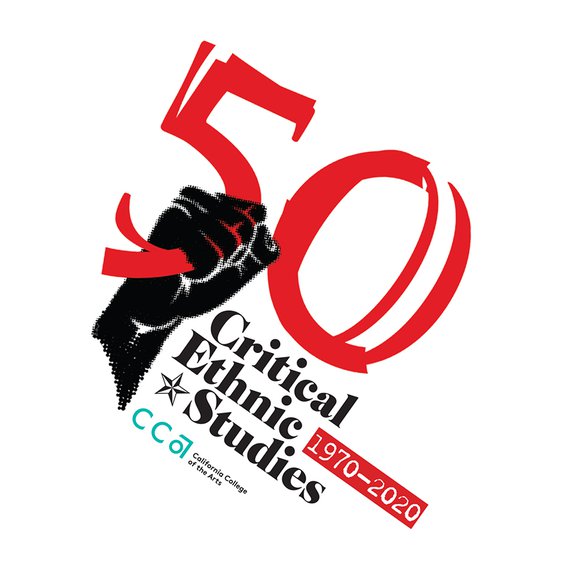Critical Ethnic Studies Stands in Solidarity with Black Lives Matter

At CES we recognize that “whiteness” was created in the U.S.A. as a counterpoint to “Blackness,” originally as a means for the planter class to divide workers in 17th century Virginia, and currently as a means to divide us all and to distract us from ongoing economic pillaging of America by the capitalist class today.
We recognize that the social structure of American society is fundamentally based on this construct of whiteness over Blackness.
We recognize that “whiteness” developed a cultural element associated with “civility” for whites, and an animalistic primitiveness for Blacks.
We recognize that since American society was structured in opposition to the Black body, it is the freedom for the Black body that is the lever that overturns the oppressive forces in the US social system.
We recognize that the Black body is the central locus of the enforcement of white supremacy – from sadistic slaveowner violence to sadistic mob rule lynchings to sadistic public executions of unarmed Black U.S. citizens by police.
We recognize that the violence of police brutality against Black bodies is the flashpoint of a larger structure of power designed to marginalize members of all other racialized, gendered and “othered” groups in the U.S.
We recognize then that until Blacks are free from this oppression, and Black Lives Matter, no other lives will be free.
We also recognize that the Black body is the locus of resistance to white supremacy:
In terms of a culture of survival and resilience, from family rituals to foods.
In terms of actions of public civil disobedience,
In terms of passionate and articulate oratory, speeches, rhymes and sermons.
In terms of the liberating rhythms of motion expressed through the dance.
In terms of the musical life of Black America, the sounds, the singing, playing and confronting white supremacy through the humanity and hope imbued in every note.
In terms of the multidimensional creative culture of Black America – the fashions, the designs, the shapes, the style, the structures, and the spirituality.
In terms of a non-Western spiritual life, that incorporates elements of multiple faiths as part of a spiritual whole, rather than denying others.
FEAR OF A BLACK PLANET
We recognize that anti-Blackness is distinct from other forms of oppression.
Anti-Blackness is expressed in many intersectional forms, yet is most visible in the daily lives of vibrant, young Black males.
We recognize that other POC also contribute to anti-Blackness and must work within their own communities against this element of white Supremacy.
We recognize that as CCA faculty we exist on stolen land and must seek to address ourselves and others on these terms, we also recognize that we exist in an environment of “anti-Blackness” that inhibits our growth toward a truly inclusive and affirming community of human beings of equally infinite value.
We recognize that all people are susceptible to the tenets of white supremacy and that it is an ongoing struggle within and without.
Foundation of Critical Ethnic Studies
We recognize that the learning of these values is tied to our mission, which is an outgrowth of the first Ethnic Studies Program in the U.S.
We recognize that the current Critical Ethnic Studies program at CCA is tied to the creation of the Third World College at San Francisco State in the late 1960s.
We recognize that it was SF State student Michael Wright (now Alashe Michael Oshoosi) that developed the Ethnic Arts Studies Division of the California College of Arts & Crafts, and now exists as Critical Ethnic Studies at CCA.